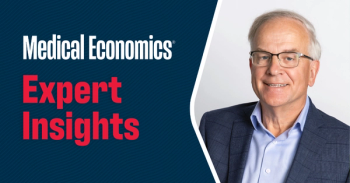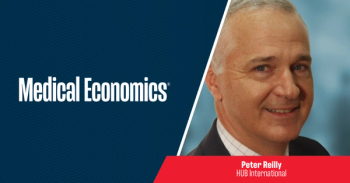
Study: Healthcare insurance alone doesn't get poor all the care they need
Just having health insurance doesn't ensure that poor people get all the care they need, according to a new study. Learn what the finding means for your practice and your patients.
Healthcare insurance alone may not be enough to enable poor people to get all the care they need, according to a new study out of Massachusetts, the first state to provide universal health insurance coverage to residents. A copay of even a few dollars can be enough to prevent some people from seeing a doctor or getting a needed prescription, investigators found.
Researchers from the
In contrast, 30% of Medicaid patients and 26.8% of patients with Massachusetts’ subsidized Commonwealth Care type 1 (the level with the lowest cost-sharing requirements) reported delaying or not getting a needed medication, compared with 7% of the privately insured. Similarly, 14.6% of patients covered by Medicaid and 12.2% of those with Commonwealth Care said they had delayed or not seen a specialist due to cost concerns, compared with 3.5% of those with private insurance coverage.
Among patients covered by Commonwealth Care types 2 and 3, which have greater cost-sharing requirements than type 1, 45% reported cost-related barriers to obtaining care, versus 27% for patients covered by Medicaid and 16% for the privately insured. Similarly, 25% of patients with Commonwealth Care types 2 and 3 reported problems finding a primary care physician, compared with 8.9% among Medicaid patients and 6% among the privately insured.
“This study should caution us that for people at the lower end of the income spectrum, even a small amount of cost-sharing might create barriers to care,”
Rachel Nardin, MD, an assistant professor at Harvard Medical School and a senior author of the article, says, “Health policy experts often assume that because Massachusetts’ healthcare reform decreased the percentage of uninsured in our state, access to care would follow suit. Our study illustrates, however, that all forms of insurance are not equal. [Although] Medicaid and publicly subsidized private insurance play a critical role in improving access to care for low-income people, there is still work to be done to ensure equality of access.”
The study, “Access to Care After Massachusetts’s Health Care Reform: A Safety Net Hospital Survey,” appears in the
Related Content
Newsletter
Stay informed and empowered with Medical Economics enewsletter, delivering expert insights, financial strategies, practice management tips and technology trends — tailored for today’s physicians.






